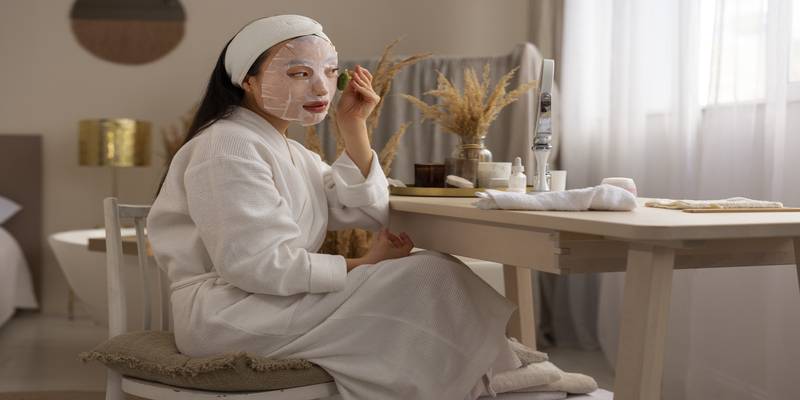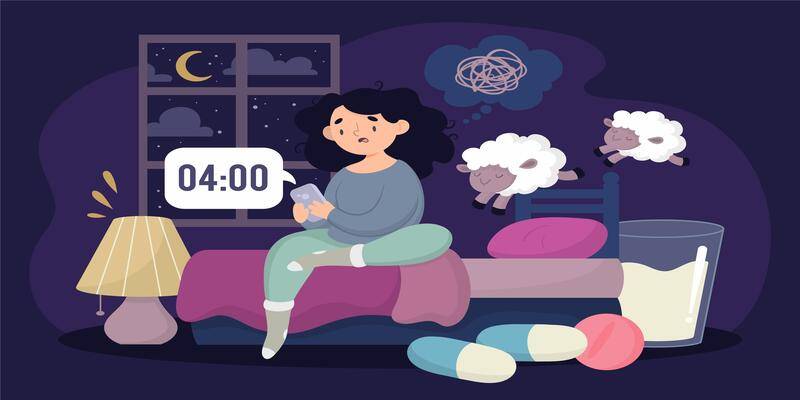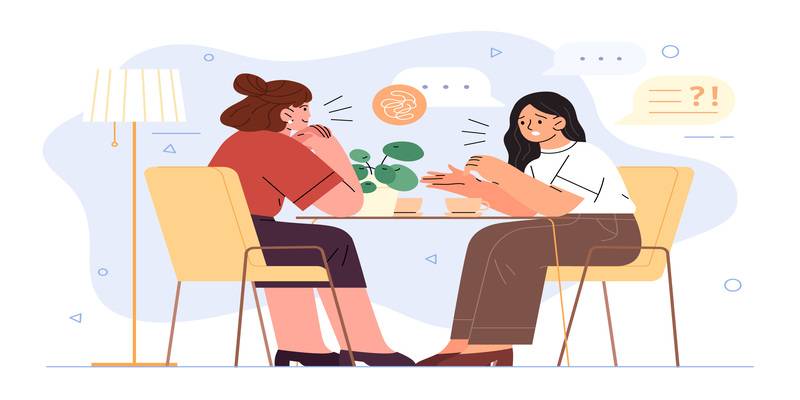How to build a relationship with yourself

During the intake process of a therapy session, I tend to ask my clients a lot of questions in order to gauge them — what kind of background they come from, their fears, inhibitions, and dreams. I also ask them about their past, their childhood, family structure, schooling, college, work life, and relationships. Your therapist uses this information to guide you on how you can build a relationship with yourself. And lastly, we also delve into the subjective aspects like things that make them feel happy or sad, their strengths and weaknesses, and most importantly, what are their favourites.
During the course of asking them about their favourite snacks, movies, TV shows, colour, artists, etc., I always ask, “who is your favourite person?” Each client has had a unique answer to this question, but to my surprise, out of 10, hardly two clients chose themselves as their favourite.
Do you see where we are going with this? This is where the problem lies. We, as human beings, are so dependent on others for our happiness, emotions, and needs that we have truly forgotten what it is like to depend on ourselves and be there for ourselves. Before we segue into understanding how to build a healthy relationship with ourselves, it is important to understand what is a self-relationship. In simple terms, a self-relationship is a relationship you have with your own self. It comprises your feelings for your own self, the way you behave with yourself, how you treat yourself, your decision-making, thoughts, and dreams — all of this. It’s basically how you view, talk, and respond to yourself and your needs and priorities. It’s how you treat yourself, whether that’s with love, compassion, hatred, disgust, or support.
Now, let’s dive deep and figure out how you can build a strong, healthy relationship with yourself. All human beings are made up of permutations and combinations of various things in various amounts. Something that might work out for someone, might not work out for someone else. It is important to realise and accept that whatever we discuss here is not one-size-fits-all. We will discuss a number of ways in which you can build a relationship with yourself from a lens and perspective of a millennial therapist. However, it is up to you to mix and choose as per your liking and comfort.
How to build a relationship with yourself
Health is Wealth
It is so important to understand that though you may feel that you want to earn good money, have a great job, travel, buy new luxury things etc., at the end of the day, what you really need is to be healthy. Everything comes second, and health comes first. If you’re a healthy individual, you will have a better relationship with yourself as compared to someone who neglects their physical health and well-being. Eat fruits, drink plenty of water, sleep on time, have a well-balanced diet and of course, work out.
Journal
You can gain self-awareness and practice introspection through the art of journalling. Journalling has been an underrated practice for the longest time. It is a tedious and time-consuming task, but writing down your thoughts and feelings can be a fantastic means to check in with yourself and express emotions in a healthy way. Journalling is a way to reflect on your feelings and learn from your experiences.
Reach Out
Seeking therapy is an important tool when it comes to working on yourself. Reaching out to a mental health professional might seem daunting at first, but this is usually the first step you can take in order to straighten things out in your life and progress towards self-awareness, self-realisation, and self-love.
Recognising negative self-talk
Humans tend to talk negatively when it comes to their own selves. When a friend or a family member is in trouble, you are there to offer help, give them advice, and even go out of your way to help them. How many times have you done the same for yourself? Do you realise how sometimes you are so hard on yourself? Everyone has a voice inside their head that leads them to everyday decisions. Replace this negative self-talk with something positive. Adding positive affirmations to your daily ritual can be the first step.
Boundaries
It is important to form boundaries not just with other people, but also with yourself. You can start small, like not ordering food and eating healthy at home or going out for a run instead of doom scrolling on social media apps. Having a good self-relationship means saying no when you need to. Sticking up for yourself and being clear about what you want, what you expect, and what you need is of paramount importance as it helps in the long run.
Things that make you happy
Having a healthy and fulfilling relationship with yourself is imperative. It is your duty to ensure that you are happy with yourself. In order to move in that direction, you need to find out what makes you happy. When you are happy with yourself, you are not only more independent when it comes to your emotions and feelings, but it also improves your self-esteem and confidence. Exploring what makes you happy and actually doing those things is a great way to fall in love with yourself.
Compassion
Human beings are hardwired to show others compassion, and to be there for others, but more often than not, don’t do that for themselves. If a friend was going through a hard time and you had to be there for them, how would you behave? What would you say? How would you make them feel better? Now imagine that friend is you. Are you still going to say the same things, do the same things to make yourself feel better, or are you your worst critic? If that’s the case, you’re not alone, but you need to start being more compassionate with yourself. You deserve humility, love, care, and compassion from yourself first. You simply can’t expect to have a good relationship with yourself if you’re constantly in an internal struggle.
Limit social media
Are you extremely dependent on social media? It is crucial to draw a line between reality and social media. Limiting social media can help with overall improvement in your well-being and happiness.
Spend time with yourself
Alone time is so underrated. Many people feel that they always need to be surrounded by people — friends, partners, family, or colleagues at work, etc. Everyone should get alone time once in a while. It gives you a break from constant commotion and helps you connect with yourself on a deeper level.
Forgive yourself
Are you someone who holds onto the past, judges yourself inexplicably, and thinks you’re not good enough? You must stop immediately. Human beings are not perfect. Humans have many flaws and crevices and are all bound to make mistakes. To live peacefully, you must embrace this truth. When you mess up, take accountability, but know that you don’t need to be so hard on yourself. Give yourself a break. And as for others, it is still important to practice forgiveness. You need to forgive people for your peace and liberation. When you forgive someone, you make your mind a more peaceful place.
Why is it important
You may understand that building a relationship with yourself is good, but why does it really matter to form deep and meaningful relationships with yourself? When you invest in self-love, you reap important benefits.
Mental Health
Having a healthy relationship with yourself helps improve mental health. Those who experience anxiety, depression, stress, etc., tend to feel out of control. This can severely impact their overall well-being going ahead. Building a relationship with yourself can help you acknowledge your feelings and take control of their impact on you.
Relationships
How you treat yourself reflects on how you treat other people you have relationships
with. People who care for themselves and work on themselves consciously are more likely to have more love and care for their near and dear ones. As the saying goes, you cannot pour out of an empty cup.
Building Strength
When you work on yourself and care for yourself deeply, you also build more strength along the way. This is not physical strength; in fact, it is psychological.
Productivity
Liking yourself, working on yourself, loving and accepting yourself has a positive effect on your productivity. Building a relationship with yourself can kickstart the process of recognising and working on your shortcomings and weaknesses. This helps you improve your growth opportunities too.
At the end of the day, your relationship with yourself is insurmountably important. Only when you work on yourself — your goals, your happiness, and your health — you will be able to truly build a relationship with yourself and lead a wholesome and fulfilling life.






